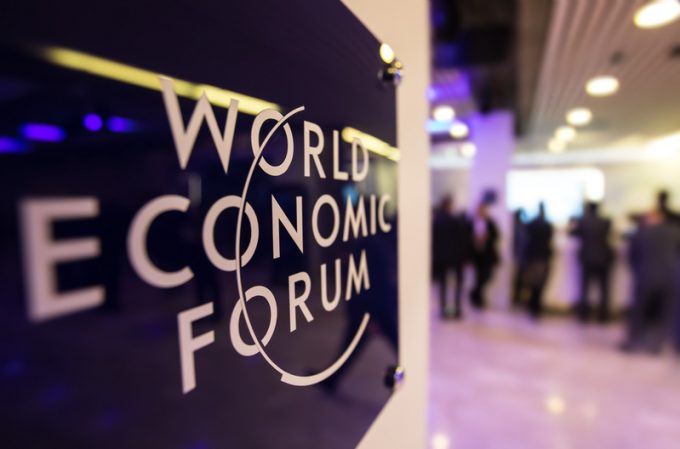Resumption of Suez transits in doubt after return of Red Sea hostilities
Hope for a resumption of Suez Canal transits by container lines were dented over the ...

It is not a new observation that business and political elites probably do themselves no favours by coming together at a building in the Swiss Alps, where Bond villain Ernst Stavro Blofeld would have a timeshare. But these days, with globalisation fraying at the seams, if not collapsing outright, discussion of steering us into a “new world order” appears less ominous and more out of touch.
BBC News economics editor Faisal Islam noted a “a whiff of ...
Outlook for container shipping 'more uncertain now than at the onset of Covid'
Teamsters union vows UPS will be 'in for a hell of a fight' over jobs cull
Shippers warned: don't under-value US exports to avoid tariffs – 'CBP will catch you'
Cancelled voyages take the sting out of spot rate declines this week
New Houthi warning to shipping as rebel group targets specific companies
K+N CEO unveils impact of US import tariffs on China-origin goods
Blanked sailings in response to falling demand 'just a stop-gap solution'
CMA CGM to reflag box ship as the French carrier eyes growing Indian market
More pressure on transpacific rates as carriers bet on a China-US trade deal
Boeing looks to resell up to 50 aircraft rejected by Chinese buyers
'Strong start' to 2025, despite market uncertainty, says Kuehne + Nagel
US Customs chaos means 'more downside risk than upside potential' for air cargo
Taiwan ministries act to mitigate effect of trade war on agriculture exports
Wan Hai joins box shipping 'arms race', but avoids Chinese yards for newbuilds
MOL signs up with Climeworks for direct air carbon capture and storage

Comment on this article